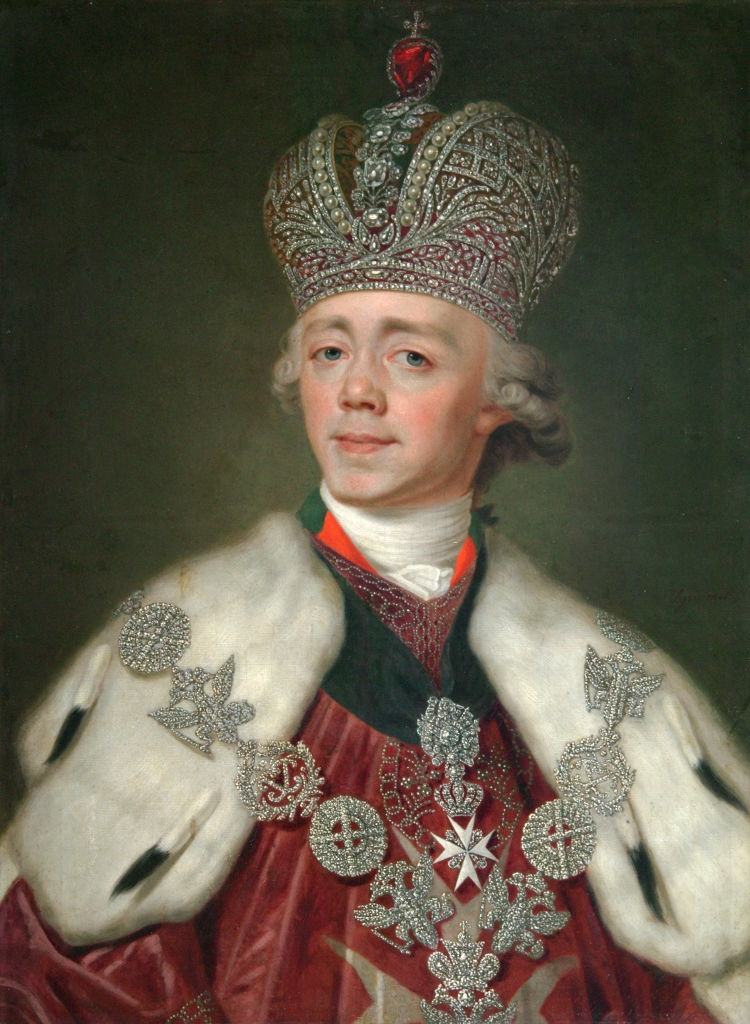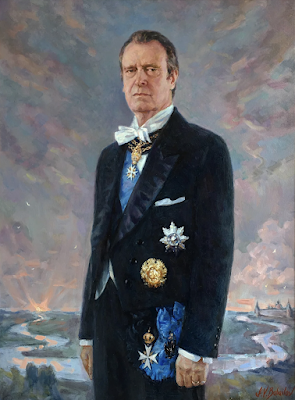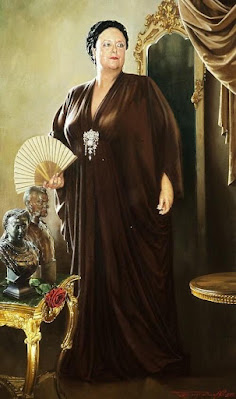The recent birth of Prince Alexander Georgievich Romanoff, the youngest member of the Romanov dynasty, has sparked renewed interest in the storied history of the Russian royal family. As the great-great-great-grandson of Empress Catherine the Great, Prince Alexander's lineage is steeped in tradition and power, with his ancestors having shaped the course of Russian history for centuries.
From the grandeur of Emperor Paul of Russia to the reforms of Emperor Alexander II, the Romanovs have left an indelible mark on the world. This article delves into the fascinating history of Prince Alexander's ancestors, exploring the key figures and events that have contributed to the dynasty's enduring legacy. With its rich tapestry of intrigue, power struggles, and romance, the story of the Romanovs is a captivating one that continues to captivate audiences worldwide.
what is the significance of prince alexander romanoff's descent from empress catherine the great
The significance of Prince Alexander Romanoff's descent from Empress Catherine the Great lies in the historical and cultural context of the Romanov dynasty. Catherine the Great was a renowned Russian monarch who ruled from 1762 to 1796 and is known for her significant contributions to the arts, education, and the expansion of the Russian Empire. Her lineage has been a crucial factor in shaping the Romanov dynasty's legacy and influence on Russian history. Prince Alexander Romanoff's direct descent from Catherine the Great signifies his connection to the imperial heritage of Russia, which has been marked by a rich tapestry of power struggles, cultural achievements, and significant events that have shaped the course of Russian history. This lineage also underscores the ongoing relevance of the Romanov dynasty in modern times, as Prince Alexander's birth and lineage continue to captivate audiences worldwide. Moreover, the Romanov dynasty's historical significance extends beyond Russia's borders, influencing European and global politics, arts, and culture. The Romanovs have played a significant role in shaping the course of European history, particularly during the 18th and 19th centuries, when they interacted with other European royal families and influenced the development of various cultural and artistic movements. In summary, Prince Alexander Romanoff's descent from Empress Catherine the Great is significant because it represents a direct link to the Romanov dynasty's rich history and cultural heritage, which has had a profound impact on Russian and European history. This lineage continues to fascinate people today, highlighting the enduring influence of the Romanovs on global culture and politics.what is the history of the romanoff family in russia
The Romanoff family, also known as the House of Romanov, has a rich and storied history in Russia that spans over three centuries. The Romanovs were a noble family that rose to power in the 17th century and went on to rule Russia from 1613 to 1917, with the exception of a brief period during the Time of Troubles. Here's a brief overview of the key events and figures in the history of the Romanoff family in Russia: Early Years (1613-1682) The Romanov dynasty began with the ascension of Michael Romanov to the Russian throne in 1613. Michael was a descendant of the Rurik dynasty and was chosen by the Russian nobles to succeed the last Rurik ruler, Feodor I. During his reign, Michael established the Romanov dynasty and laid the foundation for the growth of the Russian Empire. Peter the Great (1682-1725) Peter the Great, who ruled from 1682 to 1725, is often considered one of the most significant Romanov rulers. He modernized Russia by introducing Western-style education, science, and technology. Peter also expanded Russia's borders through military conquests and established the city of St. Petersburg as the new capital. Catherine the Great (1762-1796) Catherine the Great, who ruled from 1762 to 1796, was a German princess who married Peter III and seized power after his death. She is known for her significant cultural and educational achievements, including the establishment of the Smolny Institute for Noble Maidens, the first women's educational institution in Russia. 19th Century (1801-1917) The 19th century saw the Romanovs face significant challenges, including the Napoleonic Wars and the Crimean War. During this period, the Romanovs also faced internal conflicts, such as the Decembrist Revolt, which was a rebellion by liberal officers who sought to establish a constitutional monarchy. The Last Tsar (1894-1917) The last Romanov ruler, Nicholas II, ascended to the throne in 1894. His reign was marked by significant challenges, including World War I and the Russian Revolution of 1917. The Romanov family was eventually executed by the Bolsheviks in 1918, marking the end of the Romanov dynasty and the Russian monarchy. Exile and Legacy (1917-Present) After the Russian Revolution, many Romanov family members were forced into exile. Some, like Grand Duchess Maria Vladimirovna, have continued to claim the throne and assert their royal lineage. Today, the Romanov family is scattered across the world, with many descendants living in Europe, the United States, and Australia. Despite the end of the monarchy, the Romanov family remains an important part of Russian history and culture, with many still holding on to their royal heritage and legacy.what is the connection between prince andrei alexandrovich romanoff and the last russian tsar, nicholas ii
Prince Andrei Alexandrovich Romanoff was the grandnephew of Tsar Nicholas II of Russia. This connection is established through his parents, Prince Andrei Alexandrovich and Donna Elisabetha Ruffo, who were both members of the Romanov family. Prince Andrei's father, Prince Andrei Alexandrovich, was the son of Grand Duke Alexander Mikhailovich of Russia, who was a cousin of Tsar Nicholas II. This makes Prince Andrei Alexandrovich Romanoff a great-nephew of Tsar Nicholas II, as he was the son of a cousin of the last Russian Tsar.Empress Catherine II of Russia (1729-1796)
|
Emperor Paul of Russia (1754-1801)
|
Emperor Nicholas I of Russia (1796-1855)
|
Emperor Alexander II of Russia (1818-1881)
|
Grand Duke Vladimir Alexandrovich of Russia (1847-1909)
|
Grand Duke Kirill Vladimirovich of Russia (1876-1938)
|
Grand Duke Vladimir Kirillovich of Russia (1917-1992)
|
Grand Duchess Maria Vladimirovna of Russia (b.1953)
|
Grand Duke George Mikhailovich of Russia (b.1981)
|
Prince Alexander Georgievich Romanoff (b.2022)
As we conclude our exploration of the descent of Prince Alexander Romanoff from Empress Catherine the Great, it is clear that the Romanov dynasty's rich history and cultural heritage continue to captivate audiences worldwide. The Romanovs have played a significant role in shaping the course of Russian and European history, particularly during the 18th and 19th centuries, when they interacted with other European royal families and influenced the development of various cultural and artistic movements. The Romanov legacy is a testament to the enduring influence of the Romanovs on global culture and politics, as seen in the numerous descendants of the Romanov family who continue to claim their royal lineage and assert their connection to the imperial heritage of Russia.
For those interested in learning more about the Romanov dynasty and its impact on history, we recommend exploring the various resources available online, including the official website of the Romanov Family Association and the Russian Imperial Succession website. These resources provide detailed information on the Romanov family tree, their historical significance, and the ongoing efforts to preserve their cultural heritage. As we continue to explore the fascinating history of the Romanovs, it is essential to remember the significance of their legacy and the enduring influence they have had on global culture and politics. The Romanovs are a testament to the power of royal lineage and the enduring impact of historical events on modern society.
.jpg)

_detail_01.jpg)









No comments:
Post a Comment